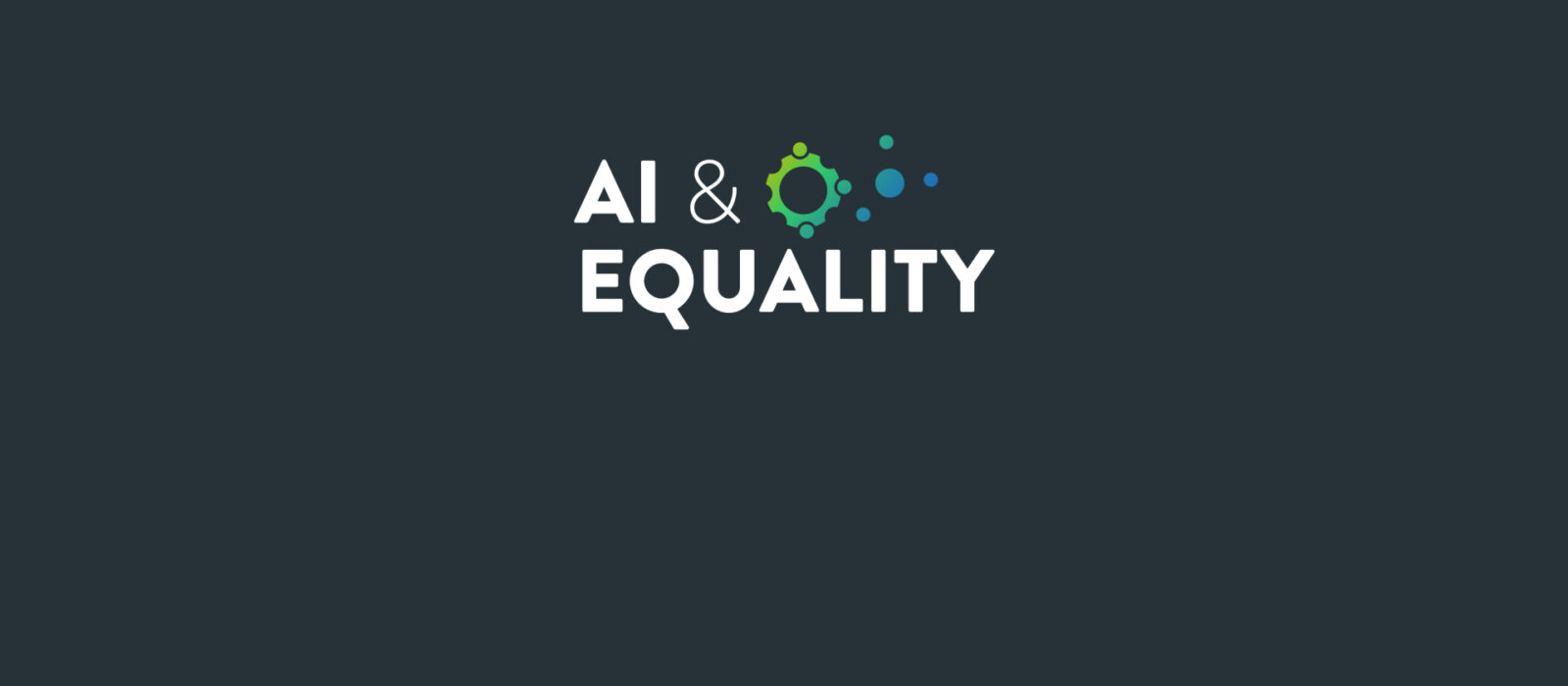Velocity and scale of the deployment of new and emerging technologies (of which generative AI is only one example) mandate that regulatory frameworks and approaches must be adopted on a global level. We must be able to harness new technologies in service of human dignity and fundamental rights.
To put it mildly, governance and regulatory mechanisms will evolve at a much slower pace than the technology is being deployed. In addition, Technology Governance is too important to be left solely to technologists, technocrats and lawyers. We must enable a whole of society approach. At this moment, all of the vast domain expertise of the international organizations must be focused and mobilized to develop innovations to make the technology work for all of humanity.
The current situation demands immediate action with a nimble solution to the governance problem. Below, we suggest a governance consortium to be created (in the short term at least); able to be activated immediately and to include many of the voices and expertise of those who have been systematically left out of the tech conversation on a global level.
The suggestion is to immediately constitute a Tech Governance General Assembly with membership from ALL of the international organizations. This would allow us to go beyond the digital expertise of an International Telecommunication Union ITU and governance expertise of a UNESCO to formally incorporate the domain expertise of the World Health Organization WHO, International Labor Organization ILO, Office of the High Commissioner for Human Rights OHCHR, UN Development Program UNDP, UN Environment UNEP, World Meteorological Organization WMO with its mighty IPCC, UN Framework on Climate Change Convention UNFCCC, UN High Commission on Refugees UNHCR, International Organization for Migration IOM, UN Women, UNICEF, UN Population Fund UNFPA, World Intellectual Property Organization WIPO, World Trade Organization WTO, UN Commission On Trade and Development UNCTAD, plus CERN or OECD (others please forgive us if we have inadvertently omitted you). Some of these organizations are actively thinking through these issues, some sadly do not have them yet on the official agenda. This mechanism would also help catalyze a formal exchange of ideas and mobilize deep domain expertise on the specific issues that technology might solve or permanently exacerbate. It might give us a better chance of understanding how to leave no one behind.
The Secretariat would be selected from amongst these CURRENT international organizations who put themselves forward as leadership, with a Secretariat to serve on a revolving basis of 1, 2 or 5 years. The International Organizations that put themselves forth as Secretariat candidates would be responsible (for the first two terms) of supplying funding and infrastructure for a robust, high level, active and empowered Secretariat whilst long term funding issues are resolved.
5-7 International Organizations would serve on the ExCom, and 10-20 International Organizations on the Board, also on a staggered, revolving basis.
Most critically, EACH International Organization from the Assembly must in turn have a formal and empowered High Level Advisory Board of 10 experts, with no less than 7 from civil society and academia and 3 from the private sector and Member States (with both gender and regional balance respected).
These experts (with lived as well as formal expertise) would convene to debate, and commission research and position papers on their International Organization’s mission challenges and opportunities. With this they would begin to provide a forward thinking body of work incorporating the multi-disciplinary domain expertise necessary to actively inform a global governance conversation on technology.
With 10 International Organizations on the Steering Committee, with 10 Experts advising them (and perhaps other expert groups advising those experts) there would be at least 100 active global experts. Expertise would institutionally flow from fields as varied and critical to the human condition as health, work, climate, migration, peace and gender equality, working in tandem with connectivity/ bandwidth, education, development, trade, intellectual property/invention to make debated, discussed and potentially more holistic recommendations regarding the governance of what we now accept as a moment as profound as the invention of the printing press.
In this rapidly evolving environment new governance must provide leadership, and be both responsive and systemically inclusive – going beyond the important (yet narrow) domain expertise of technology, and of law. New systems must be invented. This proposal provides a first step to immediately activate an international conversation with institutions already in place and provide direction for a human rights-based, whole of society approach while the battlefield for a more permanent governance is played out.
(n.b. A suggestion for a larger systemic, institutional inclusion of civil society and academia into the governance and policy conversation will follow.)
Last modified: September 26, 2023
